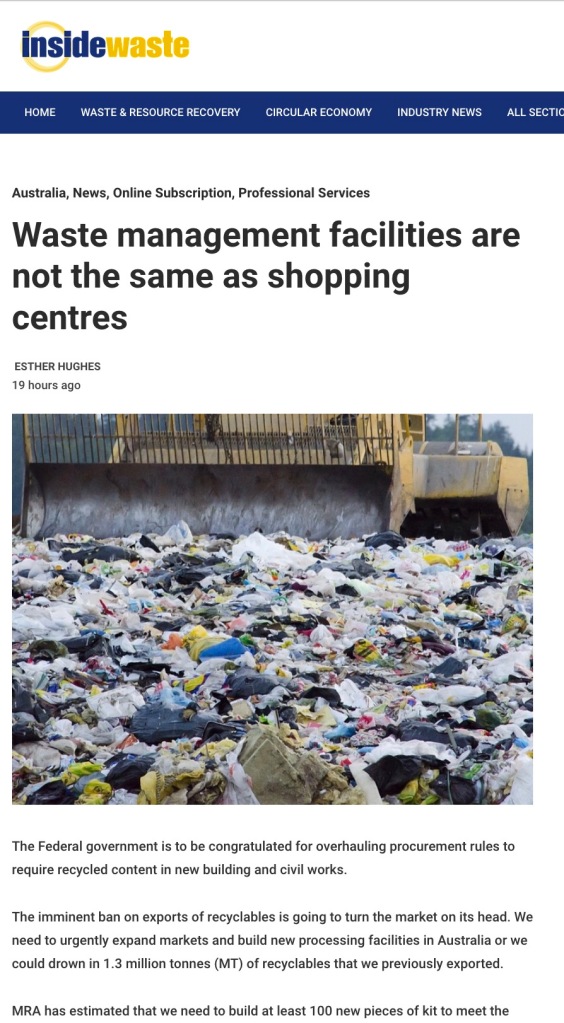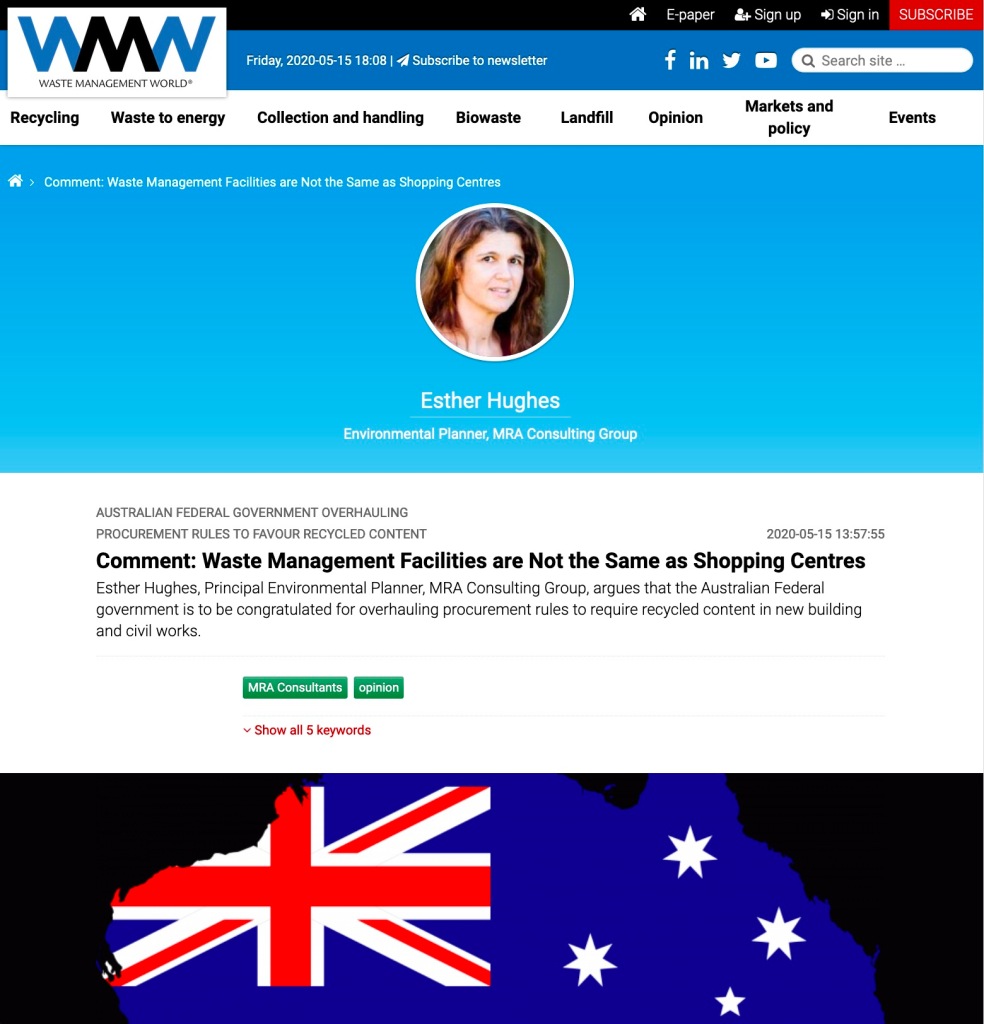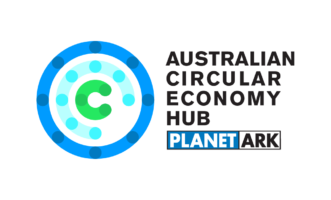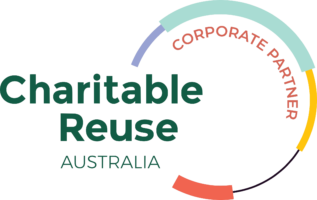Waste management facilities are not the same as shopping centres
By Esther Hughes, MRA Consulting Group

The Federal government is to be congratulated for overhauling procurement rules to require recycled content in new building and civil works.
The imminent ban on exports of recyclables is going to turn the market on its head. We need to urgently expand markets and build new processing facilities in Australia or we could drown in 1.3 million tonnes (MT) of recyclables that we previously exported.
MRA has estimated that we need to build at least 100 new pieces of kit to meet the existing State Government waste targets and process the new 1.3 MT of exported materials. Industry is keen to invest and there is plenty of superannuation money looking for a secure home right now.
With the stage set, all that remains is getting the kit approved and built. How hard can it be?
Quite hard… And time consuming… And expensive…
So here are a few pointers from a waste planning consultant, for proponents:
- Choose your site carefully
Sites located too close to people, water or other special places require in-depth assessment (environmental impact statement; EIS). And ensure the zoning is right – preferably “Industry” zoning, but some other zones work as well.
- Understand Thresholds
EPA and Council Thresholds (t/yr) determine planning and licensing requirements. They should be used to define short term and long term goals for the project and options for future expansion.
- Be practical in scale
Be aware that the more tonnes through a facility, the greater the requirement for environmental controls from the regulators. So be realistic about how big you need it. There are pros and cons of going big early vs late.
- Prepare a professional planning application
Waste facilities have the potential to locally pollute the environment (even though they ultimately contribute to a cleaner and better world).
A good application will provide a robust assessment of everything from stormwater to truck movements to waste classification and stockpiling of materials. Providing information up front results in quicker assessment timeframes with less wrinkles to be ironed out and happier regulators.
- Use a waste planner not a town planner
A professional planning application requires a good understanding of the business of waste. Most general planning companies do not understand waste. That means waste supply, market demand, Government policy, recycling, offtake agreements, social licence, environmental footprint and diversion targets etc. These are critical to your application but don’t generally apply to housing or shopping centre applications. The regulators want to know in much more detail about the role and function of the facility in a broader policy context. So recommending a waste planner may sound self-serving but it nonetheless, makes a difference.
MRA often sees rejected proposals done by non-waste town planners. It is good for our business but a waste of your money. Get it right the first time. It may mean slowing down a bit at the start to get the context right, but better that than being interminably stuck in planning revisions, appeals, the Courts or ultimately a refusal.
MRA has a specialist team dedicated to waste and recycling planning approvals. For more information, please contact Esther on 0427 139 702 or esther@mraconsulting.com.au
This article has been published by the following media outlets:





